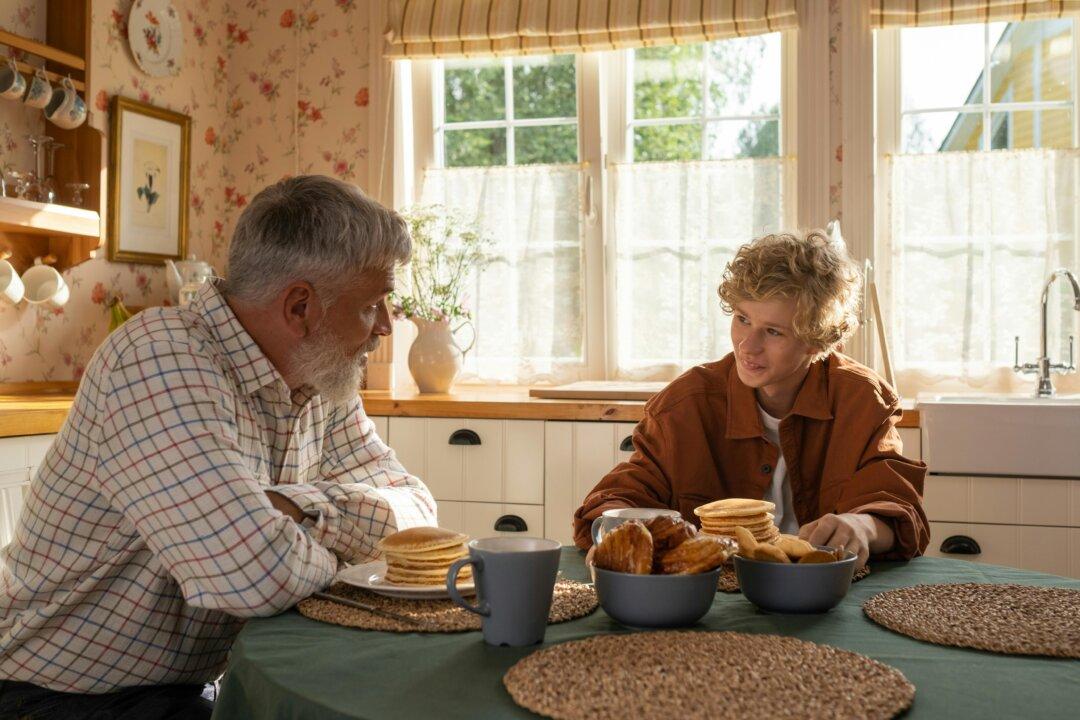I was born in 1929 in an industrial blue-collar city called Holyoke in Massachusetts. It was the year when the stock market crashed. Welcome to the Great Depression.
The Worst of Times
Of course, the early ’30s was when massive unemployment took place and the Depression really hit. My father had a meat and grocery store where the norm was for customers to charge their groceries and pay once a week on payday. Depression laid workers off, meaning they were unable to do so when payment was due, causing the failure of the store. Loss of business meant no income or way to support a family with five children. There was no unemployment compensation. Eviction from the rented apartment soon followed, as rent couldn’t be paid.Through assistance, a roach-infested fourth-floor apartment in neglected condition in one of the poorest sections of the city was available. I can’t imagine the hardships my parents were faced with at that time. Hardships continued for many years with part-time jobs—the Works Progress Administration initiated by President Roosevelt. Hardships continued throughout the ’30s and the beginning of the ’40s.



